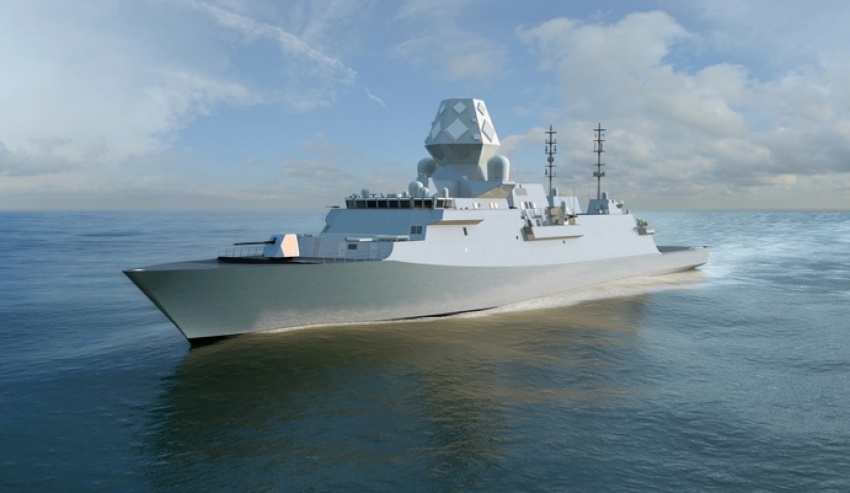Lockheed Martin congratulates BAE Systems on its SEA 5000 program win and looks forward to working with BAE to bring the world's most advanced combat system to the Royal Australian Navy.
“Lockheed Martin Australia congratulates BAE Systems for their selection as the Future Frigate designer and builder. The Future Frigate program will deliver exceptional capability for Australia and we look forward to supporting BAE Systems to deliver this important national endeavour," said a Lockheed Martin spokesperson.
Lockheed Martin Australia (LMA) will be delivering the Aegis combat system to the Future Frigate Program. Aegis is the world's most advanced maritime warfighting capability and the world's only ballistic missile defence system in service with six navies on over 100 surface ships around the world.
Aegis is capable of simultaneously defending against attack from land targets, submarines and surface ships while automatically protecting the ship or wider task group from aircraft, cruise and ballistic missile threats.
Neale Prescott, director of business development, Lockheed Martin Australia said "it was a fantastic effort from the BAE Systems team and we at LMA look forward to continuing the collaborative relationship we have developed with BAE Systems throughout projects like F-35."
As demonstrated on the Hobart destroyer, from theatre and area anti-submarine, anti-surface, anti-air and strike warfare, Aegis is a critical element of Australia’s existing and future networked and integrated battlespace. Integrating Aegis into the Future Frigates ensures immediate integration into Coalition taskforces from the first arrival at an area of operations and provides growth to capabilities like Integrated Air and Missile Defence (IAMD) for whatever the future may hold.
Since Prime Minister Malcolm Turnbull’s announcement in October 2017, that Aegis was selected as the Combat Management System for the Future Frigates, Lockheed Martin Australia has had plans and people ready to support the Combat Systems Integration (CSI) role if required.
Lockheed Martin Australia can draw upon an extensive maritime combat system enterprise consisting of more than 150 engineers and technicians already working in the maritime domain. The company has invested several million dollars in training Australian engineers and technicians on Aegis. This training has resulted in high value transfer of technology and skills and enabling Australian industry to perform Aegis integration, test and sustainment.
As the original equipment manufacturers of Aegis, LMA believes they are well placed to partner with BAE Systems for the CSI.
The proposed Australian Industry Capability (AIC) Component for a Lockheed Martin Australia-led Aegis CSI effort would exceed 90 per cent.
"Lockheed Martin Australia will work with BAE as the shipbuilder to optimise the position of the system within the ship and has done so with various surface ships around the world. We are looking forward to working closely with BAE as well as Saab Australia and CEA Technologies to deliver a highly capable surface combatant for the Australian Navy," said Prescott.
"Lockheed Martin and Saab have a strong relationship in Australia and globally. Lockheed Martin Australia has worked together with CEA Technologies for over three years on the future frigates, we are working together on the Future Submarine CSI and we have been working together for over 12 years on surface combat system programs in Canada."
Mr Prescott noted the great opportunity for Australian and Canadian industrial collaboration and co-operation in the near future as Canada draws closer to deciding the winner of it's own surface combatant programme, called CMS 330 which could see a Type 26 Global Combat Ship fitted with a Lockheed Martin combat system.
"BAE has brought a very capable class of surface ships to the table and we at Lockheed Martin can't wait to get working on them with BAE and our other industry partners in the very near future," Mr Prescott said.






